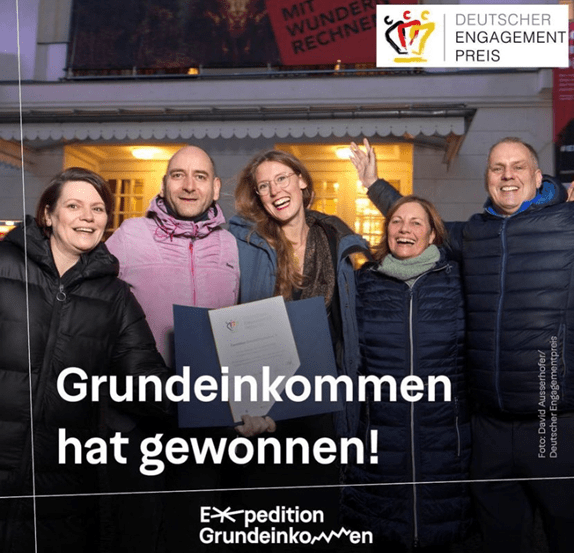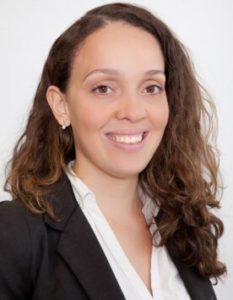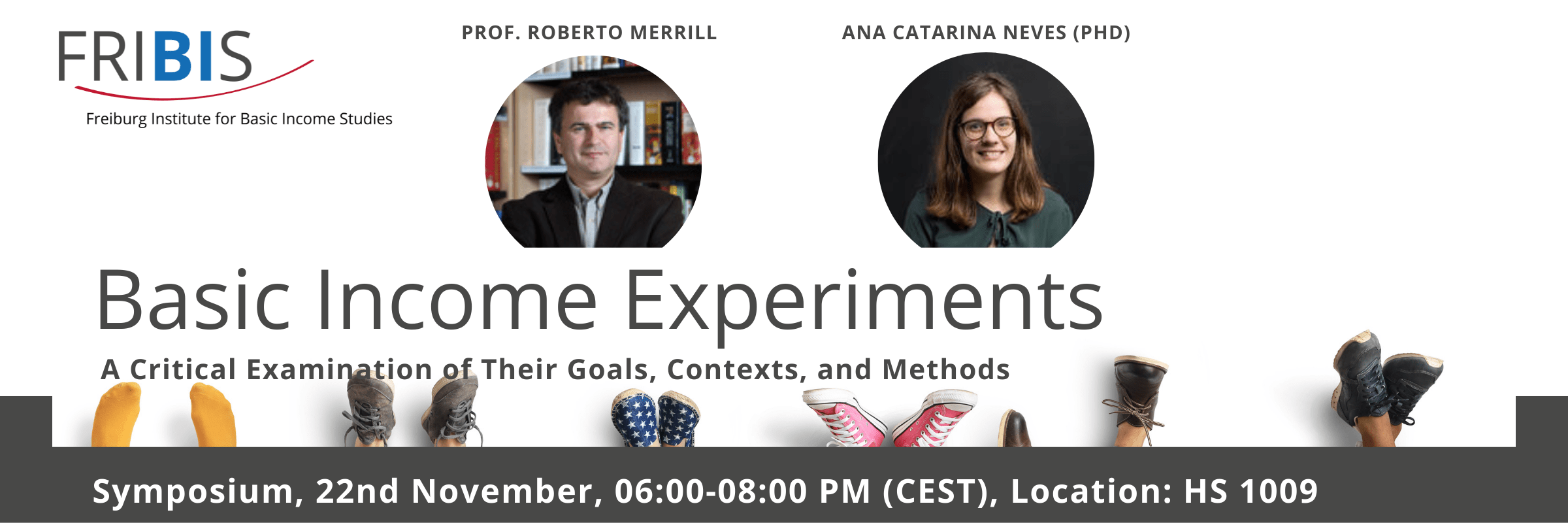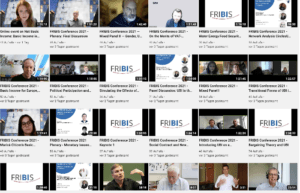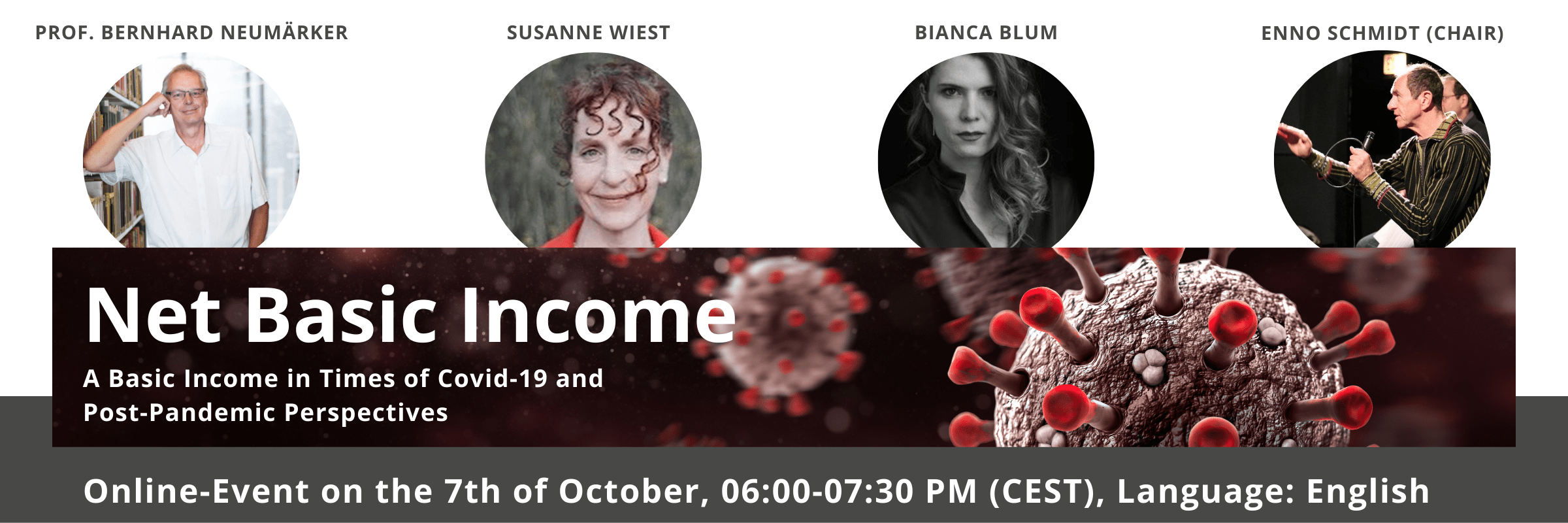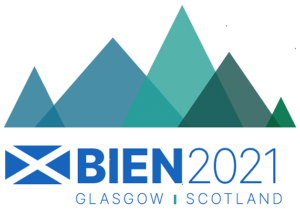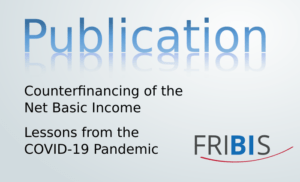Karl Widerquist will be Visiting Professor at the Götz Werner Chair in the first half of 2022
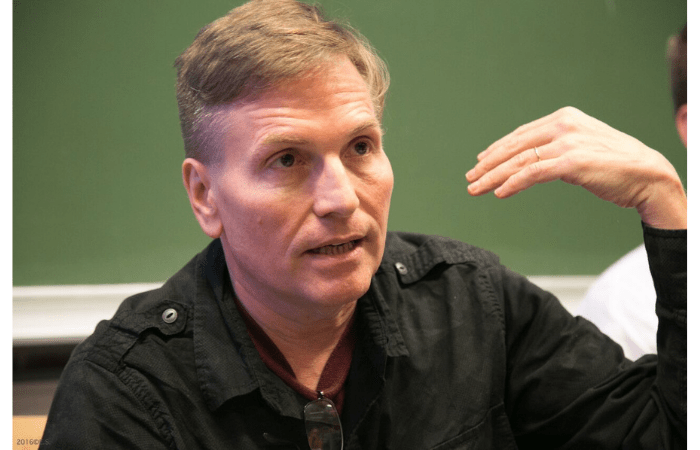
The Götz Werner Chair (GWP) will be hosting the internationally renowned philosopher and economist Karl Widerquist as a visiting professor in the first half of 2022. Prof. Widerquist has made a name for himself as a researcher and advocate of basic income, not only within the academic world but also among the general public. We are therefore delighted to be have the opportunity to welcome him to Freiburg.
We asked Karl Widerquist what he hopes to gain from his time in Freiburg on both a private and academic level:
“Academically, I’m looking forward to visiting Freiburg, where I can meet and interact with colleagues in the UBI movement and in the broader academic community. I’m looking forward to presenting two classes based on my research to graduate students who are interested in politics, philosophy and UBI. I’m also looking forward to having a lot of time to work on my latest research and writing. And, Covid permitting, I’m looking forward to going to conferences and visiting other colleagues and UBI projects around Germany and Central Europe.
On a personal level, I’m always interested in meeting new people and going to new places. My apartment will be near the Black Forest and not far from the center of town. So, I’m looking forward to exploring both. If Omicron dies down, I’m hoping to take the train to nearby parts of Switzerland and France and explore the region.”
We also wanted to know if there are any writing projects he wants to focus on during his stay:
“Right now I’m working mostly on three projects: (1) Universal Basic Income: Essential Knowledge is a short introduction to UBI for MIT University Press’s “Essential Knowledge” Series. I’ve never written an introductory book before and I’m learning how hard it is. After reading about UBI for 40 years and writing about it for 25, it’s not easy to ask myself which parts of my knowledge are essential?
(2) Property and the Power to Say No: Five Arguments for Universal Basic Income will update my doctoral dissertation and publish it for the first time as a complete work. I’ve published chapters as articles, and I expanded one part of the thesis into a book of its own, but this will be the first time I’ll publish my dissertation as a unified, complete work. It will include chapters that have never been published before and that make most sense in this context.
(3) Georg Arndt and I are revising our paper “The Cost of Basic Income in the United Kingdom” for publication. We’ve been working on it for a while, so it’ll be great to finally get it out.”
If you want to learn more about Karl Widerquist and his stance on basic income on the FRIBIS YouTube channel, watch an interview with him that Enno Schmidt conducted at the end of 2021. In this interview, Karl Widerquist talks about the advantages and disadvantages of UBI test projects, the possible influence of a UBI on real wages, UBI financing via (resource) taxes, the Alaska Permanent Fund, the development of the UBI debate over the last four decades and the question of the extent to which some kind of UBI is already in place in some of the rich oil states of the Persian Gulf.
